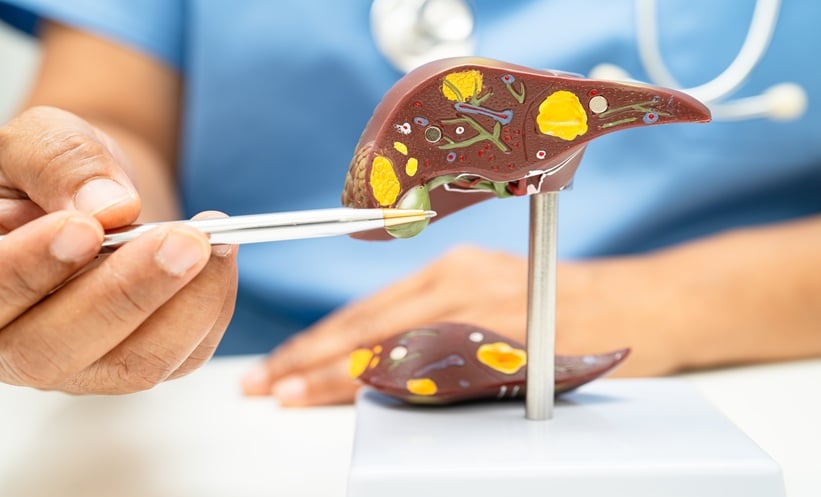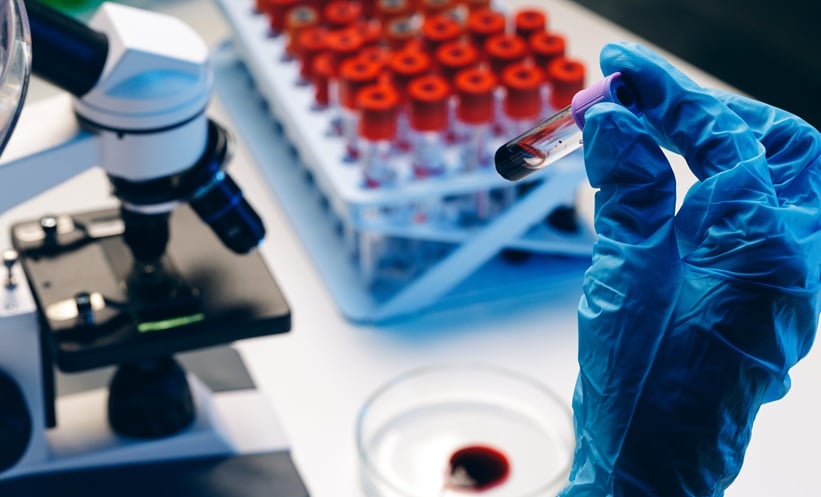CHRONIC LIVER diseases, such as alcoholic, viral, autoimmune, and metabolic liver disorders, often progress to fibrosis and cirrhosis due to persistent inflammation. This inflammatory environment is sustained by interactions between immune cells and hepatic stellate cells (HSCs), which transform into fibrogenic myofibroblasts that drive scar formation. However, effective antifibrotic treatments remain limited, prompting research into the immune mechanisms underpinning fibrosis.
A new study sheds light on the role of CD4 T cell autophagy, a cellular recycling process, in the progression of liver fibrosis. Researchers found that patients with advanced liver fibrosis exhibit defective autophagy in both hepatic and circulating CD4 T cells. Using experimental models, they demonstrated that autophagy deficiency in CD4 T cells shifts them toward a pathogenic Th17 profile, characterised by increased glycolytic activity and production of inflammatory cytokines such as IL-17A and GM-CSF.
These cytokines initiate a type 3 inflammatory response, promoting fibrogenesis by activating hepatic myofibroblasts, hepatocytes, and macrophages. The resulting loop sustains inflammation and fibrosis. Importantly, the study shows that restoring autophagy in CD4 T cells—using pharmacological agents or genetic approaches—reduces the presence of pathogenic Th17 cells and suppresses fibrogenic signals.
Moreover, researchers observed that activating autophagy selectively increased non-pathogenic IL-17A+ IL-22+ T cells, which are associated with tissue repair. These findings highlight autophagy as a central regulator of T cell fate and liver fibrosis progression.
Restoring autophagy in CD4 T cells may thus represent a novel antifibrotic strategy. Agents such as AZD8055, which inhibit mTOR (a known autophagy suppressor), have already shown promise in reversing autophagy defects in patient-derived T cells.
In conclusion, this study identifies T cell autophagy as a potential therapeutic target in chronic liver disease. By correcting immune cell dysfunction, it may be possible to halt or even reverse fibrosis, offering hope for improved outcomes in patients with chronic liver conditions.
Reference
Al Sayegh R et al. Defective autophagy in CD4 T cells drives liver fibrosis via type 3 inflammation. Nat Commun. 2025;16(1):3860.








